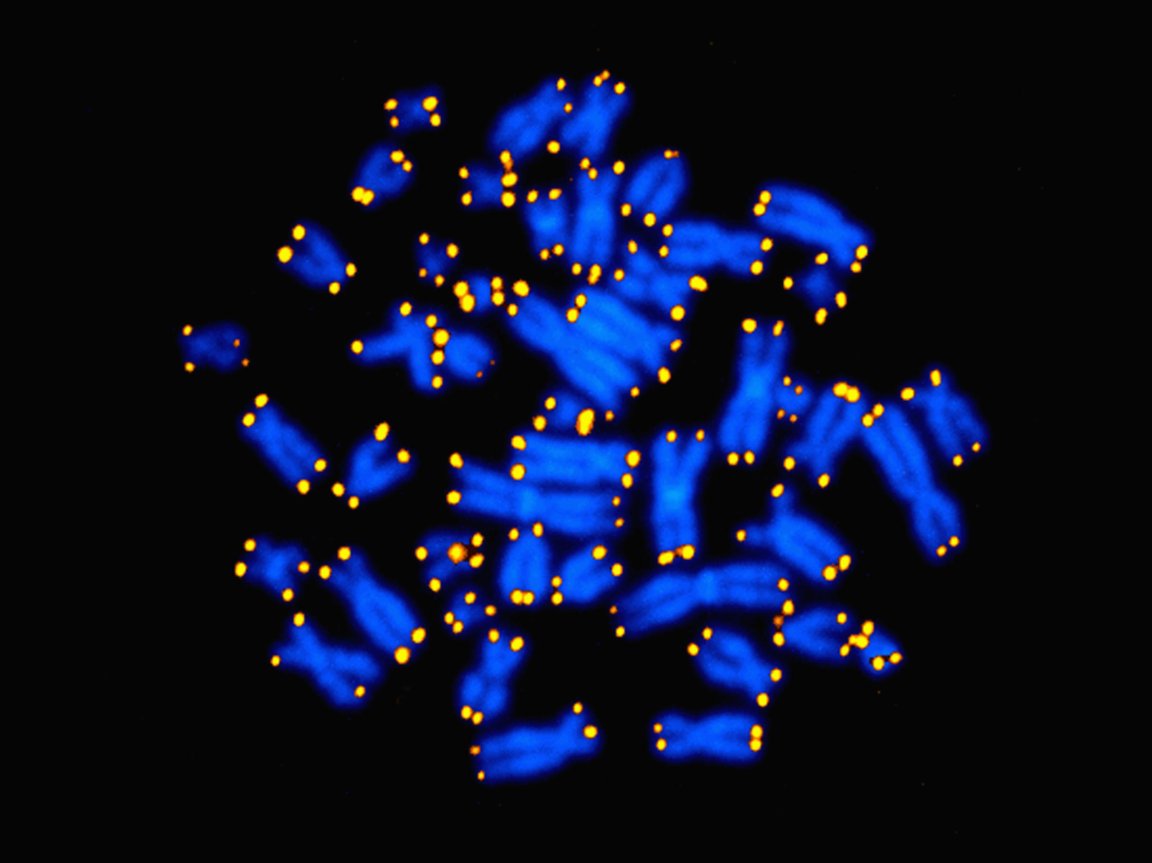
Studying Aging
Aging is a process many wish to intervene with. Diseases linked with aging including alzheimer’s, arthritis, cardiovascular disease and osteoporosis are some of the worst conditions and complete treatments have been elusive. Scientists have been studying the aging process in research like the Dunedin Study, a long term health study taking data from more than a thousand people born 1972-3, all throughout their lives. Using this data, a group of researchers has identified markers that reveal if someone is biologically aging faster or slower than their chronological age (age on birth certificate).
Biological vs. Chronological Age
The research showed that among relatively young people (aged 26-38), biological age can greatly differ from chronological age. For the 38 year olds, for example, researchers observed biological ages from just under 30 years old to almost 60 years old. They were able to determine these biological ages and aging rates by tracking various biomarkers like liver function, blood pressure, metabolism, and the length of telomeres (caps at the ends of chromosomes that shorten with age). Most of the participants were aging around one year biologically for every chronological year, yet others were aging as fast as three years per calendar year. Remarkably, a significant number of participants were not biologically aging throughout several calendar years—essentially staying younger than their chronological age!
Intervening with Aging
Most research in aging studies looks at much older ranges of participants but this study of younger groups is what will help most to prevent age-related disease, expresses Dan Belsky, an author of the study and an assistant professor of geriatrics in Duke University’s Center for Aging. “The ability to measure how quickly a young person is aging may in the future enable us to engage in interventions that slow aging or target specific diseases,” said Dr. Salomon Israel, a co-author of the study and senior lecturer in Psychology at the Hebrew University of Jerusalem. Researchers expressed the ultimate goal is to be able to change the aging process itself rather than having to fight age-related diseases in isolation.
Sources: The Hebrew University of Jerusalem, Psych Central
Image: WGBH News